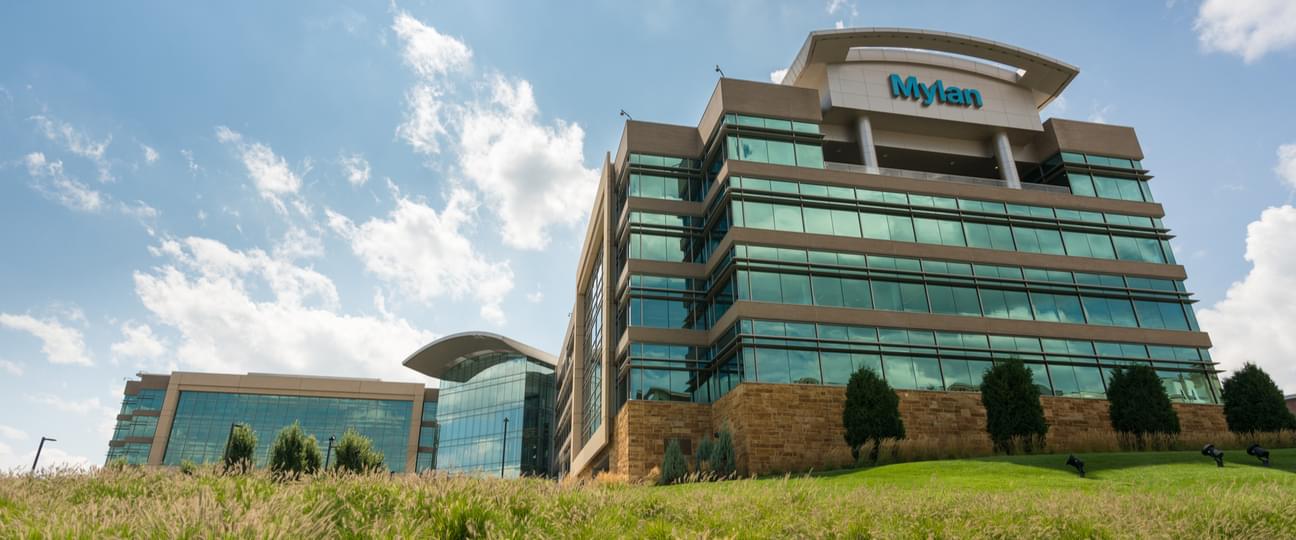Compass Lexecon Client Mylan Prevails on Summary Judgment in EpiPen Antitrust Litigation

Share
On December 17, 2020, the U.S. District Court for the District of Kansas granted summary judgment in favor of Compass Lexecon’s client Mylan Inc. on antitrust claims brought by Sanofi-Aventis U.S. LLC ("Sanofi"). Sanofi alleged that Mylan entered rebate agreements with pharmacy benefit managers (“PBMs”) for favorable and exclusive formulary placement of Mylan’s EpiPen Auto-injector that had the effect of excluding Sanofi’s rival product, Auvi-Q, from the market. Applying a rule of reason standard, the Court concluded that the summary judgment facts presented no triable issue whether Mylan’s rebate offers to PBMs were anticompetitive or that Sanofi sustained antitrust injury sufficient to support its claims.
Favorably citing the opinions of Compass Lexecon expert Professor Robert Willig, the Court found that Mylan’s use of rebates to compete for exclusivity on certain formularies did not foreclose Sanofi from competing in the market for epinephrine auto-injectors ("EAI"). Rather, the Court found that Mylan’s rebate offers “promoted competition in the EAI market – something the antitrust laws encourage.” In particular, the Court observed that Mylan’s rebates for formulary exclusivity were “not the product of any unlawful coercion on Mylan’s part,” but rather the result of PBM negotiating strategies to use exclusive formulary placement as a tool to stimulate competition among therapeutic equivalents, in order to obtain higher rebates and thus lower prices paid to Mylan and Sanofi. The evidence also indisputably showed that Sanofi was able to compete effectively for the same business, and that PBMs were able to shift the vast majority of demand to Auvi-Q by excluding EpiPen from a formulary. Critically, the Court concluded that Professor Willig’s analysis demonstrated that Mylan’s rebate offers lowered prices for EAIs below the prices that would have existed but-for the challenged rebates, meaning they were pro-competitive. Finally, the Court concluded that the evidence supported neither Sanofi’s expert’s claim that there was a large fraction of demand that was “non-contestable” for which Auvi-Q was unable to compete, nor the related claim that Mylan’s conditional rebates imposed such a large “tax” on its rivals that an equally efficient competitor could not win sales with above-cost pricing.
Compass Lexecon was retained by Philip A. Sechler and Roy T. Englert, Jr. of Robbins, Russell, Englert, Orseck, Untereiner & Sauber LLP. Professor Willig was supported by a Compass Lexecon team that included Bret Dickey, Kun Huang, Tully Lillis, and Todd Bettisworth.